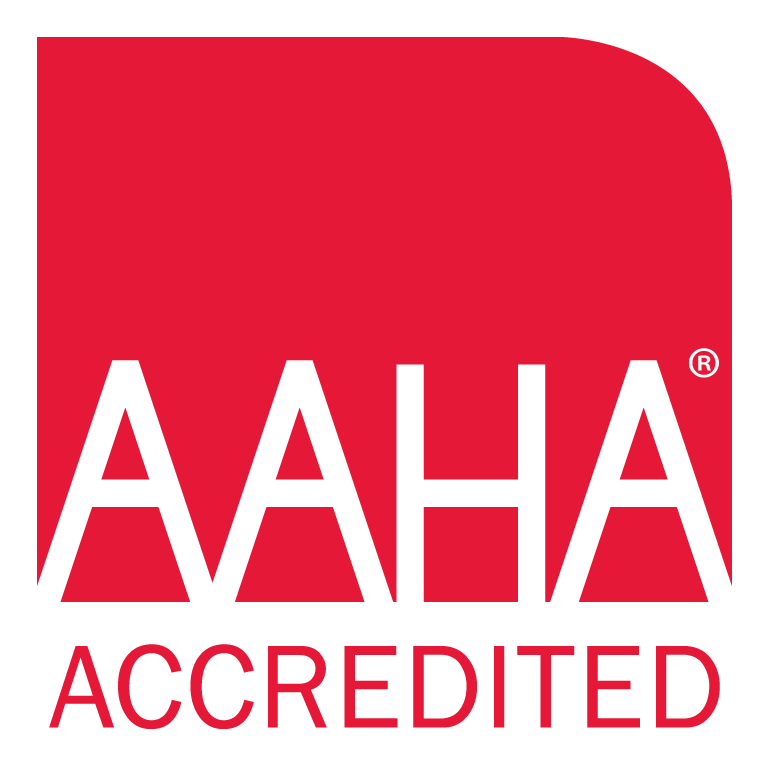Gold Standard Anesthetic Care
We do NOT recommend price shopping for procedures requiring anesthesia. We recommend making an informed decision based on the quality of medical care that will be offered. It is important to compare the services among veterinary hospitals as everyone practices medicine differently. For the majority of anesthetic procedures, we
- Perform a nose to tail pre-anesthetic exam the day of the procedure to determine overall health.
- Evaluate inner organ function via lab work within a 90-day period (REQUIRED)
- Evaluate heart function utilizing ECG to check for conduction disturbances, arrhythmias or other abnormalities. ALL of our ECG’s are interpreted by board certified cardiologists. Ideally this is done PRIOR to the day of surgery.
- Utilize customized anesthetic medications/protocols tailored to your companion’s needs.
- Place an IV catheter for medication(s) and IV fluids
- Provide IV fluids for hydration and maintenance of blood pressure.
- Provide heat support during all procedures via warm IV fluids, heated surgical tables, Equator warming blankets, and warming pads.
- Give ALL PETS Cerenia for nausea prevention pre-operatively. This medication has anti-inflammatory, pain control and nausea properties. Often times your pet will be eager to eat the night of surgery.
- Administer pain management before, during and after the procedure. Local blocks are also utilized for soft tissue surgery to provide a local numbing effect where incisions are made. We will prescribe take-home pain management medication(s).
- Use monitoring equipment for the heart (ECG), lungs, body temperature, blood pressure (Doppler and Oscillometric), carbon dioxide and oxygen levels.
- Offer a quiet and comfortable recovery area where companions are consistently monitored by team members during their stay.
Pre-Anesthetic Fasting:
Allow free access to water up until leaving the home. Recommend fasting before anesthesia to reduce the risk of regurgitation and aspiration. Food should not be withheld for greater than 4 hours before surgery for companions ranging in age from 6 weeks to 16 weeks due to the risk of perioperative hypoglycemia. Newer research suggests feeding 1/3 of a normal meal to patients NO LESS than 3 hours before surgery to reduce aspiration in pets. Typically surgery is performed first thing in the morning so please feed by 6:00AM unless a later drop off has been arranged with the staff of FPAH.
Please click links below for more information regarding Gold Standard anesthetic care:
AAHA Anesthetic guidelines for dogs and cats
Pethealthnetwork.com – Why does my dog/cat need bloodwork before anesthesia

